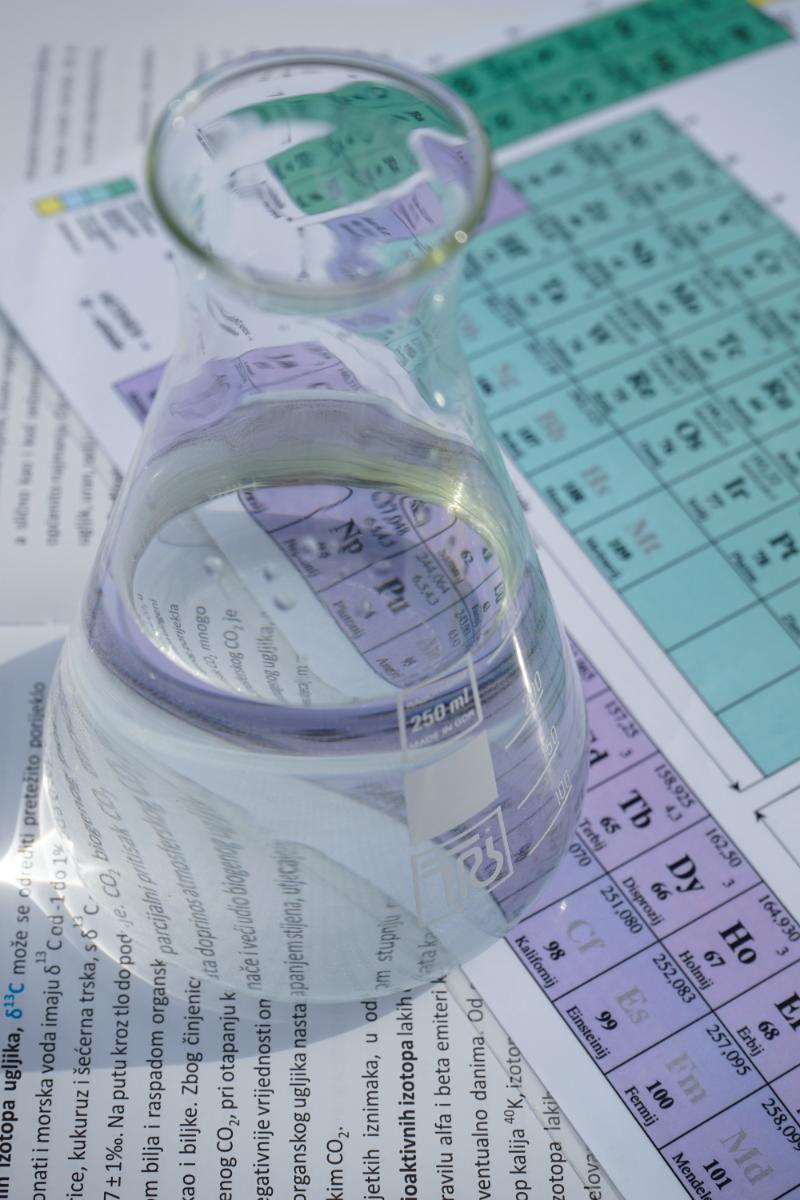Opportunities
There are currently no summer studentships vacancies available.
Please check this page regularly for updated information, and be sure to read the information in relation to other opportunities below.
Postdoctoral Researchers
We welcome applications worldwide from candidates with high quality CVs and relevant experience. Post-doctoral researchers are particularly encouraged to apply for independent funding, such as:
- Royal Society of Chemistry
- Newton International Fellowships
- Leverhulme Trust
- EPSRC Postdoctoral Fellowships
- Marie Sklodowska-Curie Research Fellowships
Candidates will receive strong support with these applications including assistance with research proposals.
Students
Self-funded students are welcome to contact the center informally. If you plan to apply for a funding scheme, please contact us to discuss a potential project before applying formally.
Undergraduate Students
Each year, we welcome Level 3 and 4 students for their final year research projects. Although individual projects vary, they follow the main research themes in the group. Each student works closely with a more experienced group member.
Undergraduate Summer Students
Funded summer studentships are available annually through various funding streams, including RSC and QUILL summer studentships. The deadlines for applications are quite early on in the year so students are encouraged to get in touch in advance to consider a potential application.


